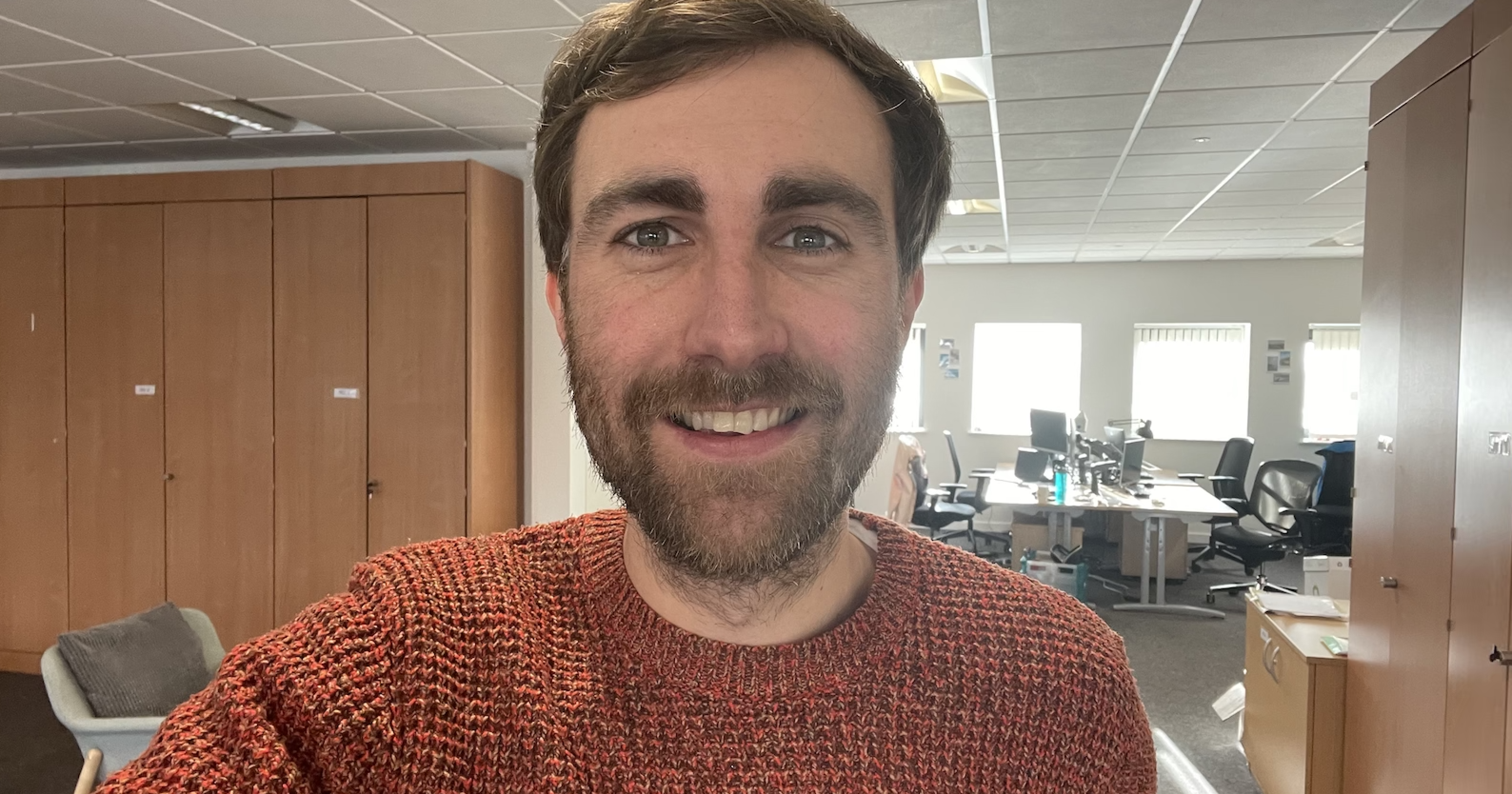Can you remember the first time you voted? How did you feel?
Our Communications Officer Lewis shares his personal reflections of voting for the first time, not knowing much about politics, and his hopes for the future.
I was 19 when I voted for the first time in an election. It wasn’t in my native Rhondda but in Aberystwyth, where I had moved to study in 2009. In an environment of intellect, curiosity, and debate, you’d have thought I’d have gone into the polling station with strong opinions. You’d have thought too, that with one of the main talking points of the 2010 general election resonating with so many students and young people, that I would have been determined to make my voice count.
You’d be wrong. I had no political views based on any fact or real knowledge and no strong opinions about anything really. Well, I did think Beatles for Sale was the fab four’s best album. The less said about that the better, I think. I went to vote just for the fun of it, and put a cross next to a fellow student who happened to be the football manager of the student team I played for. And what did I know of his opinions? Erm…well I know he liked training on a Tuesday morning.
So, what happened? How did I get to that point?
The simple answer is, nothing happened.
I’d never discussed politics in a meaningful way with Mam or Dad – I suppose when I got to a certain age I knew who my parents voted for, but I didn’t really know why, and I’m not sure they did either! At my grandparents’ house, I would always pick up the newspaper that my Grandad would walk to the shop every day to buy, but invariably I would start and end at the back pages.
What about school? Well, I loved my school and had such a rich education there, but like lots of other young people, I left without any basic awareness of our political system or how my voice and my story fitted into it.
It wasn’t until I started working at the Children’s Commissioner’s office that I started to learn more, and even then, amongst so many knowledgeable people and in an organisation operating in that world, the process was slow.
What’s the Senedd and how is it different to the Government? Is it the same thing? What do they do? What’s a Minister? Is this devolved? Committees – what are they?!
I had so many questions, some of which I was afraid to ask out of fear of looking silly. I got there over time, and I’m pleased to say I can answer all of the above questions now. Well, most of the time.
Parallel elections
These experiences and reflections made me proud to lead on our work over the past two years on parallel elections for young people aged 11-15. These were true-to-life parallel elections that encouraged young people to learn more about the people standing in their own communities, to learn more about our political structure, to vote, and to see how their voices would translate to real-life change.
Almost every young person we listened to in developing our parallel election and its accompanying resources reminded me of how I felt about politics at the same age.
With the help and advice of organisations like the Senedd Commission, the Electoral Reform Society, and the Electoral Commission, we made new resources for young people aged 11 and over. We ran live events, which included a brilliant and varied session with Prof Laura McAllister, who was able to engage young people not only with her knowledge of political history and the achievements of the suffragettes, but also her passion for football.
In the end, almost 10,000 young people took part in our first parallel election, from 89 different schools in 36 of Wales’ 40 Senedd constituencies. 59% said they were more likely to vote in a real Senedd election as a result of taking part and 31% registered to take part in official elections afterwards. Almost two-thirds (61%) said they knew more about the Senedd, and 67% said they learnt who was standing in their area.
In response to the Welsh Government’s consultation on its electoral administration and reform white paper, which includes looking at ways to adequately support and educate young people to take part in elections, we’ve highlighted parallel elections as something for the Welsh Government to take seriously in its ambitions to support a society of active citizens.
Ella, my eldest child, will first be eligible to vote in the 2036 Senedd election. As it happens, she will be 19, the same age as I was when I picked the only familiar name from a list that meant nothing to me. I’m hopeful and confident that by then, she’ll know enough to make her voice count.
Resources for educators
The resources we made for our parallel election are available at any time from our Project Vote website.
There are also brilliant resources available from the Electoral Commission and the Senedd.

